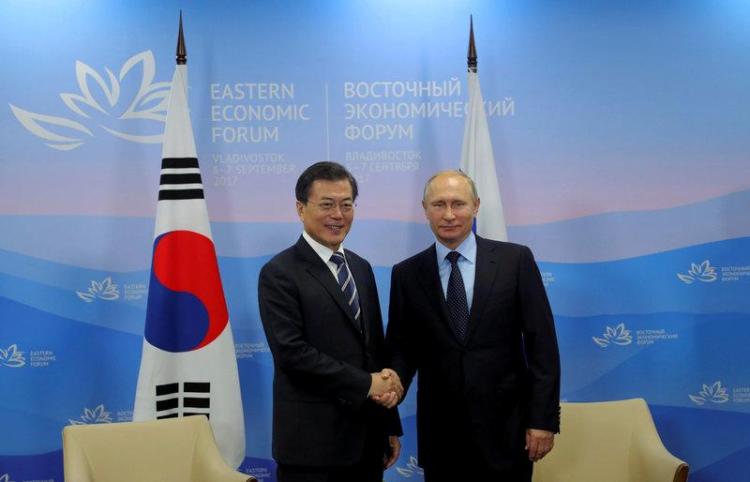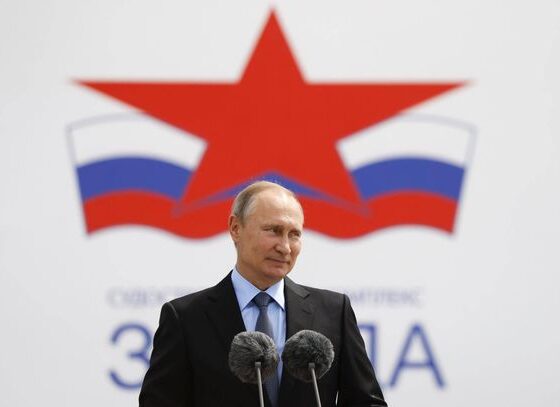(EDM) The fast-escalating crisis in East Asia, driven by the chain of nuclear and missile provocations by the North Korean regime, has upset the carefully prepared agendas of regional politics. In early September, North Korea cast a shadow over talks at the BRICS (a loose political grouping of major developing economies Brazil, Russia, India, China and South Africa) summit in China as well as the Eastern Economic Forum in Vladivostok. President Vladimir Putin sought to use both occasions to assert Russia’s profile in the turbulent but still peaceful Asia-Pacific but returned to Moscow with few achievements. His statement on the uselessness of sanctions against North Korea did attract attention; yet, it was clear that his objection was primarily motivated by an analogous concern over Western sanctions targeting Russia (RIA Novosti, September 5). His appeal not to push Pyongyang into a corner could have appeared prudent, but his insistence on a political solution was not translated into any tangible initiatives. As such, it merely betrays Putin’s irritation with the fact that Russia has no say in decision-making on managing this crisis (Rossiiskaya Gazeta, September 6). Indeed, the campaign of pressure on North Korea is being directed by United States President Donald Trump, who keeps close (albeit uneasy) contact with China’s President Xi Jinping; but the latter has not been informing Putin about these discussions (Valdai.ru, September 5). […]
Read More © Eurasia Daily Monitor











